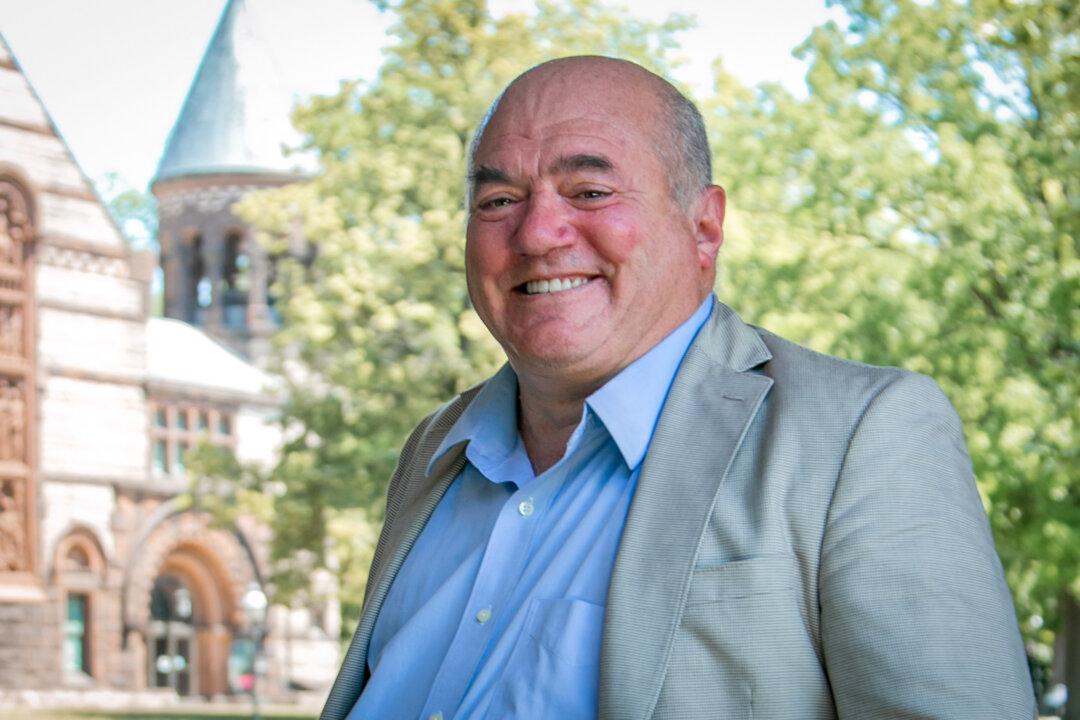Steve Mariotti is a prominent advocate of entrepreneurship. He’s taught nearly 40 years, first in some of the worst classrooms in the country and then all around the world by invitation, and seen these skills transform students’ lives.
“I have 170 letters from students that I taught, who five years later, 10 years later, 30 years later would write me these beautiful letters,” Mariotti said. “I have each one framed and almost each one memorized. And each one’s worth a billion dollars to me in joy.”






